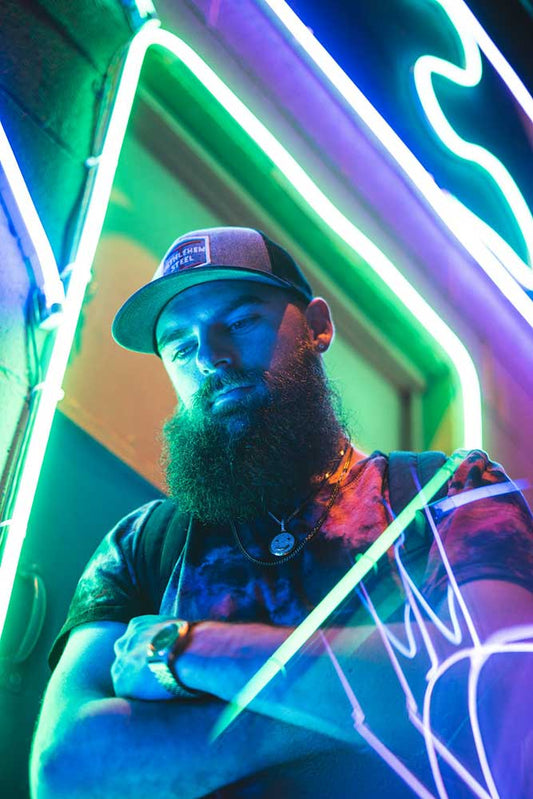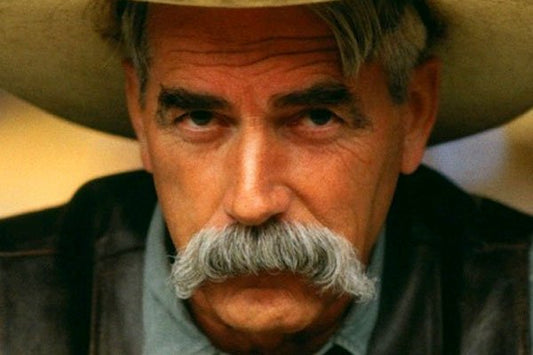
The Facial Hair Conundrum: Can Pilots Have Beards?
Share
Flying, Fighting, and Facial Hair: Men's Grooming Standards Across Professions
When it comes to professions that require a high level of safety and precision, the question of facial hair often arises. For airplane pilots, police officers, and military personnel, the rules surrounding beards and other facial hair can be complex and varied.
In this article, we'll delve into facial hair requirements for these professions, exploring the reasons behind the regulations and what they mean for individuals who wear beards.
Pilots and Beards: A Safety Concern?
For pilots, the primary concern is safety. In an emergency, a pilot's oxygen mask must fit snugly over their nose and mouth to provide a secure seal. Facial hair, particularly beards, can interfere with this seal, potentially compromising the pilot's ability to breathe.
The Federal Aviation Administration (FAA) does not have specific regulations regarding facial hair for pilots. However, the FAA does require that pilots be able to wear an oxygen mask properly, which may be difficult with a beard.
Most airlines have their own policies regarding facial hair, with some allowing neatly trimmed beards and others prohibiting them altogether. For example, American Airlines permits pilots to wear beards, but they must be kept neatly trimmed and not interfere with the oxygen mask.
Police Officers and Facial Hair: A Matter of Department Policy
Facial hair policies in American police departments tend to be stringent, with many agencies prohibiting beards altogether. However, most departments permit well-groomed mustaches.
Variations in Policies
Policies regarding facial hair vary significantly between different agencies. While some departments maintain strict prohibitions on beards, others are starting to relax their restrictions.
Relaxed Restrictions
Some police departments now allow short, neatly trimmed beards, provided they adhere to specific guidelines. These guidelines may depend on the situation and are often subject to exceptions.
Exceptions
Exceptions to facial hair policies are typically made for:
Religious reasons: Officers may be permitted to wear beards or other facial hair for religious purposes.
Medical needs: Certain medical conditions may necessitate exemptions from facial hair policies.
Military Facial Hair Policies: A Mix of Tradition and Practicality
In the military, facial hair policies are often a mix of tradition and practicality. For example, the U.S. Navy allows sailors to wear beards, but they must be kept neatly trimmed and not interfere with the proper fit of safety equipment.
The U.S. Army and Marine Corps have stricter policies, prohibiting beards except for certain specialized units, such as Special Forces.
The U.S. Air Force allows airmen to wear beards, but they must be kept neatly trimmed and not interfere with the proper fit of safety equipment.
Conclusion
In conclusion, the rules surrounding facial hair for pilots, police officers, and military personnel are complex and varied. While some professions allow beards with certain restrictions, others prohibit them altogether.
Ultimately, the decision to allow or prohibit facial hair is based on safety concerns and the need for proper fit of safety equipment. Individuals who wear beards and are interested in pursuing these professions should research the specific policies and regulations of their desired career path.








